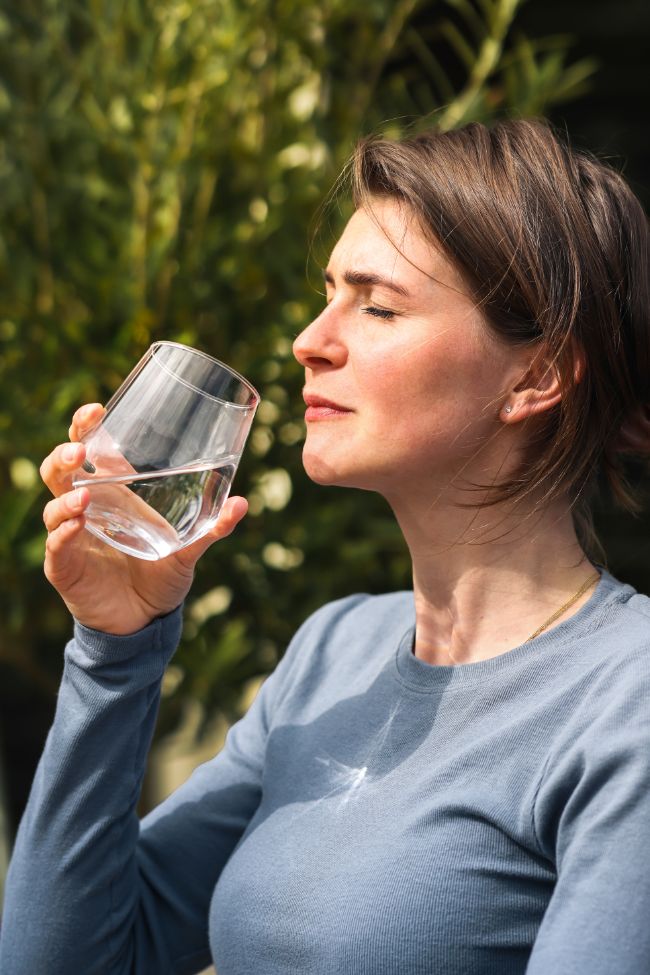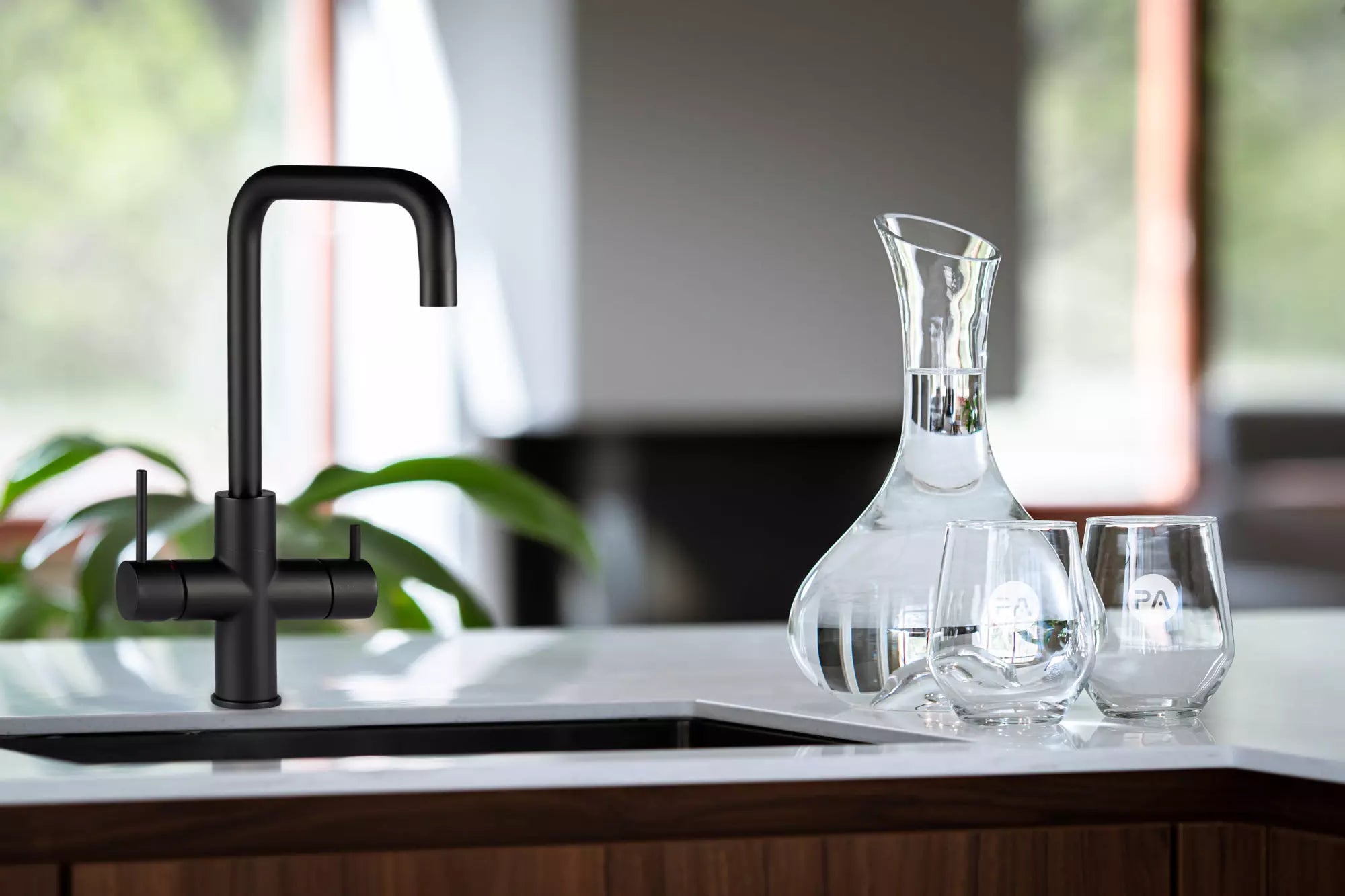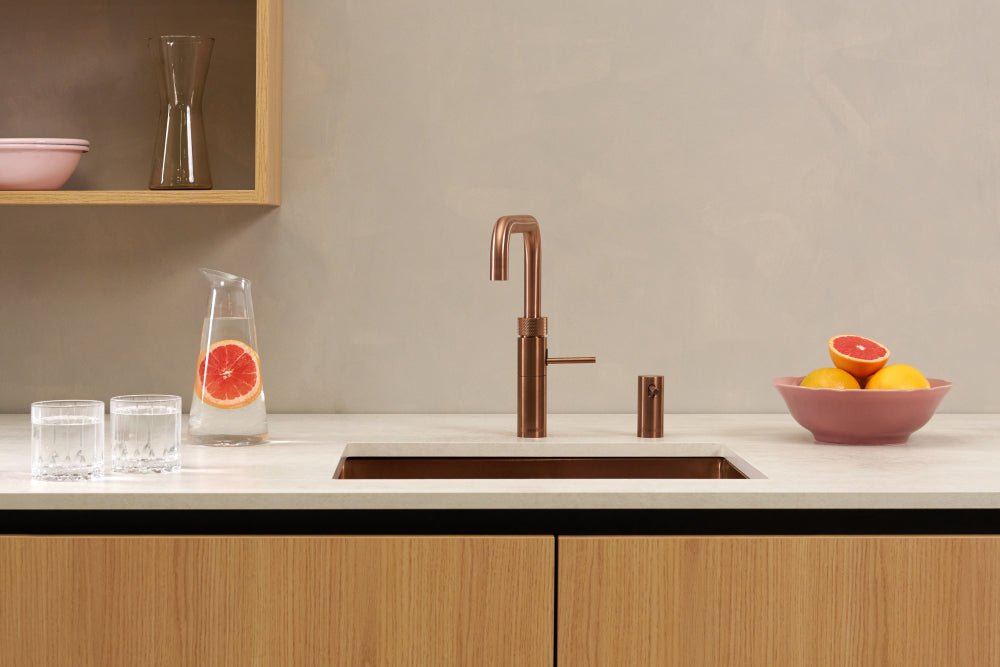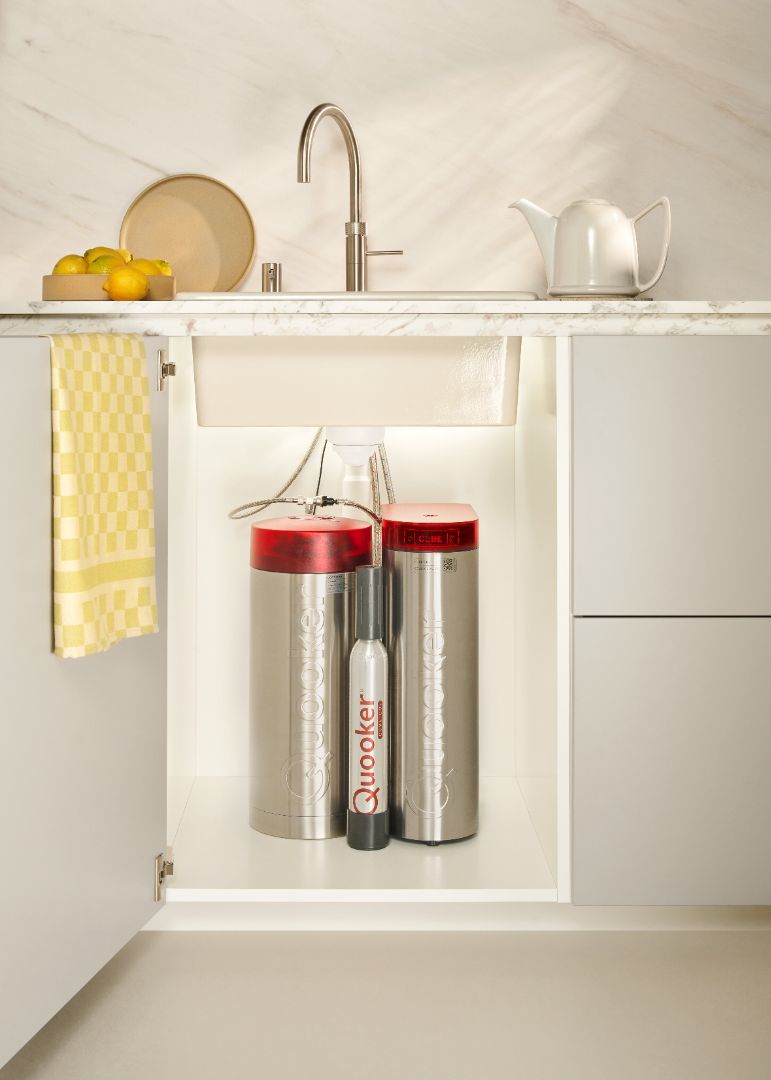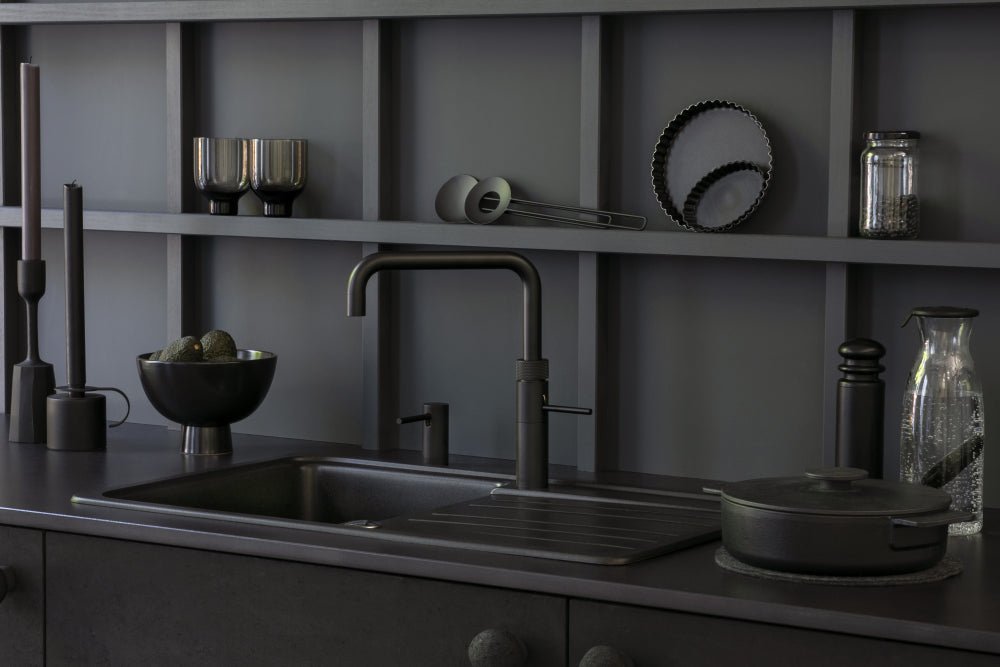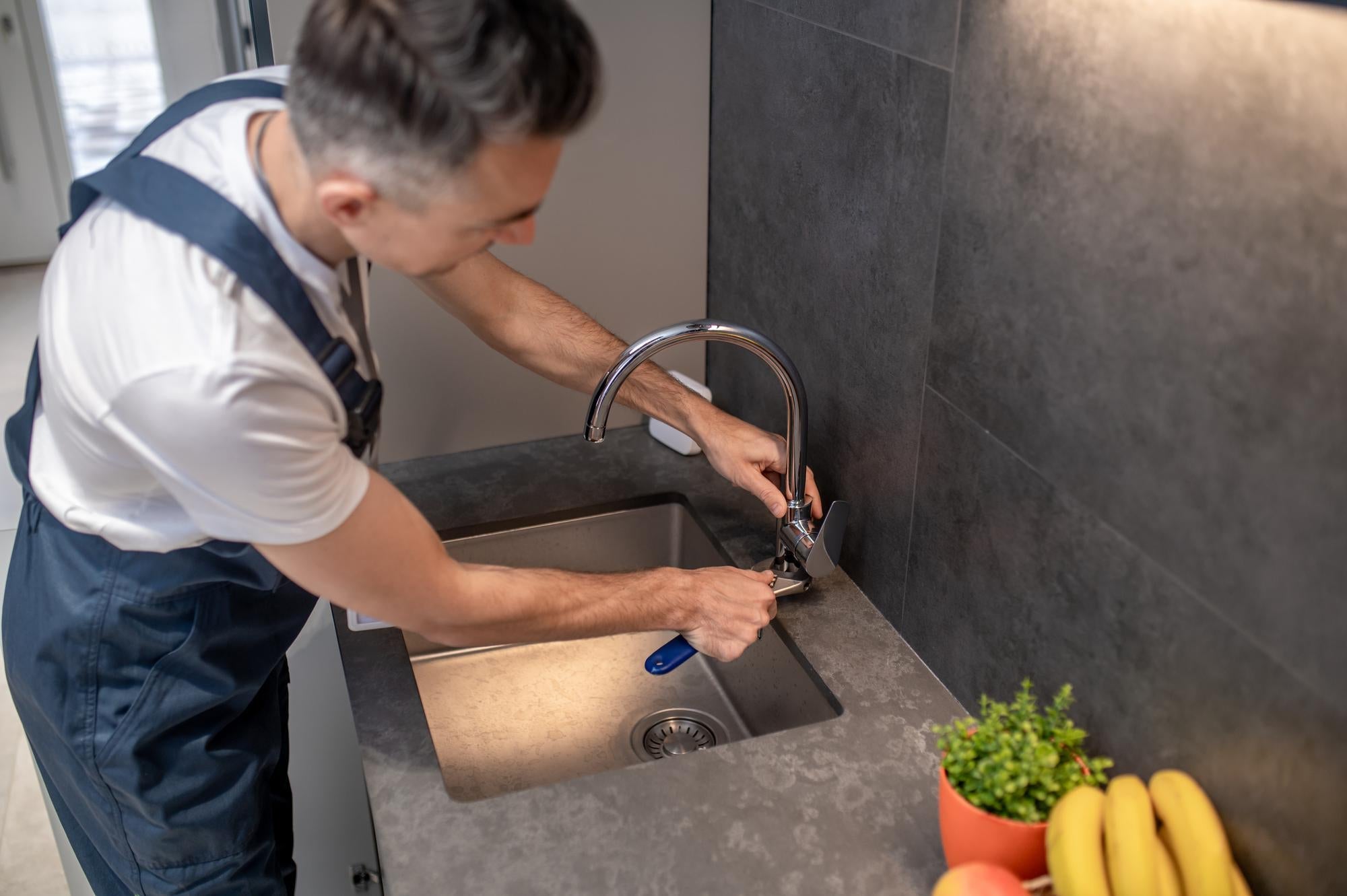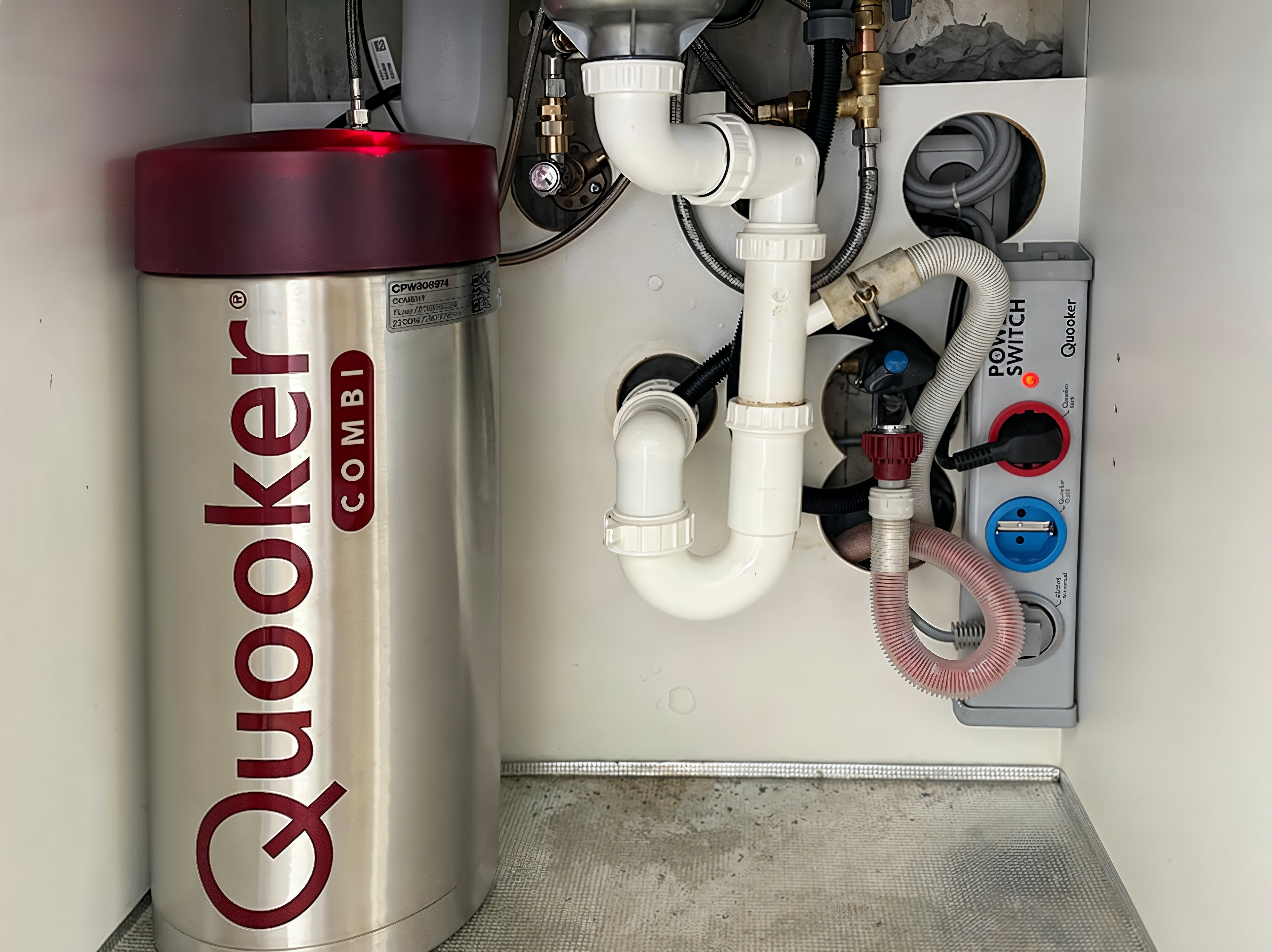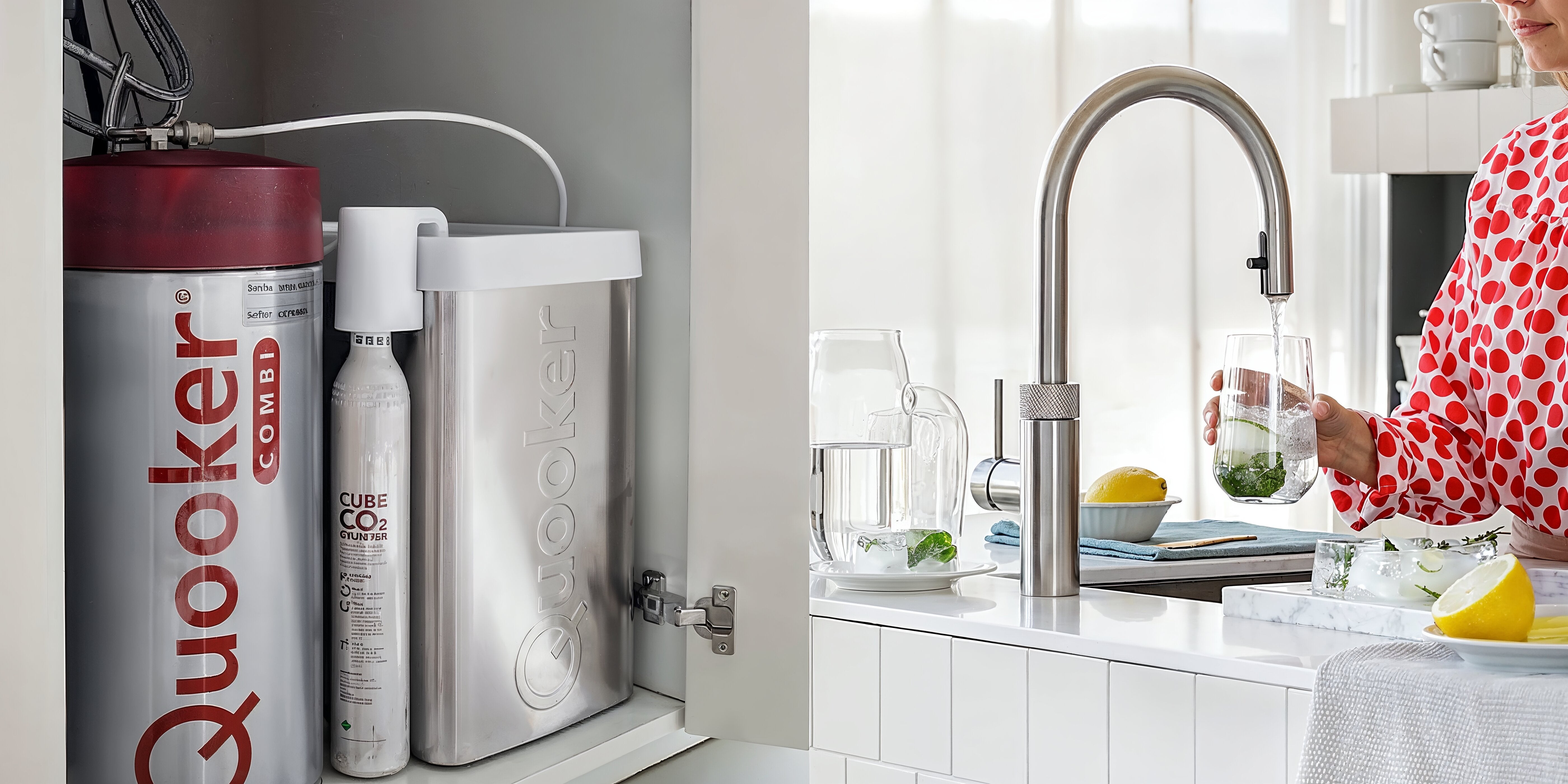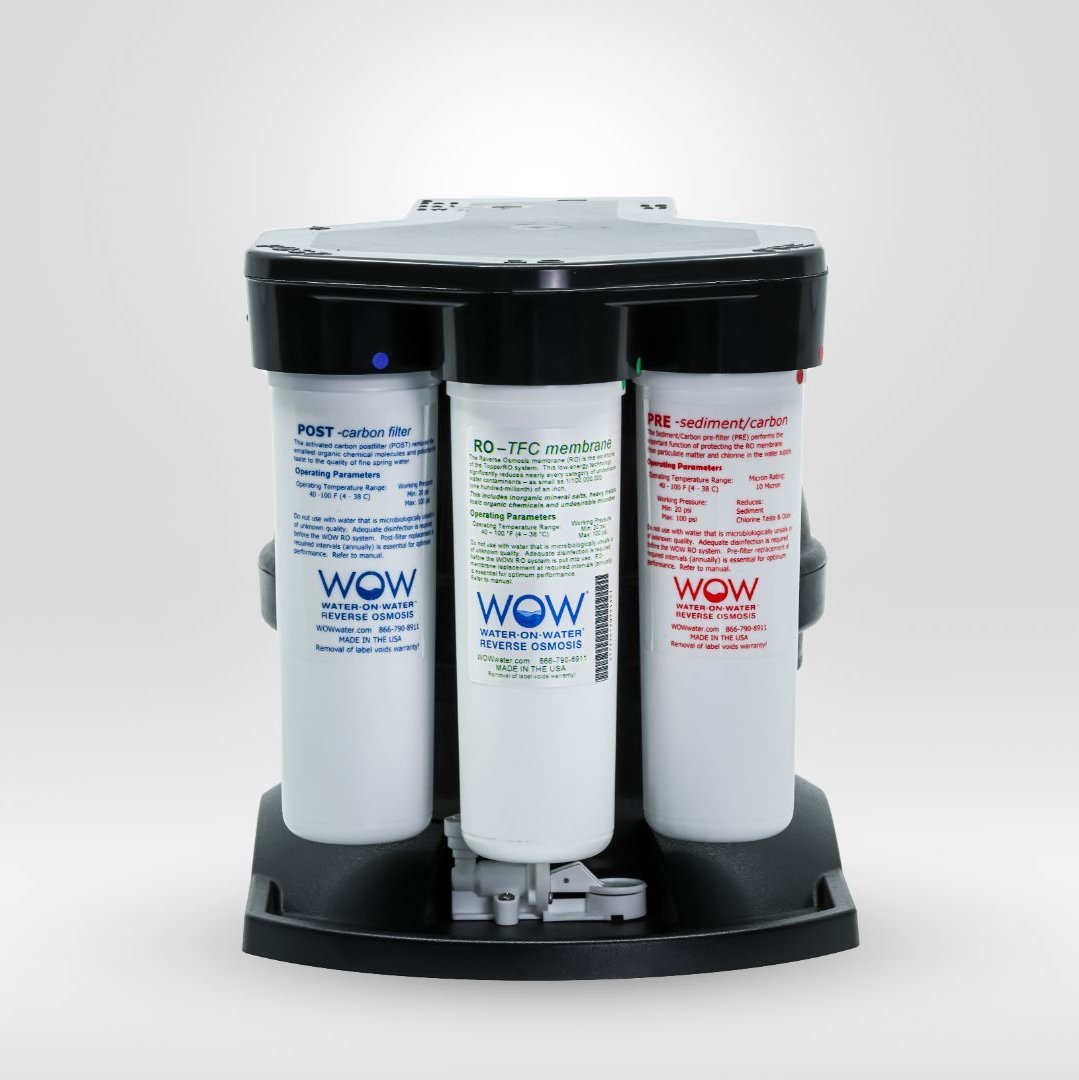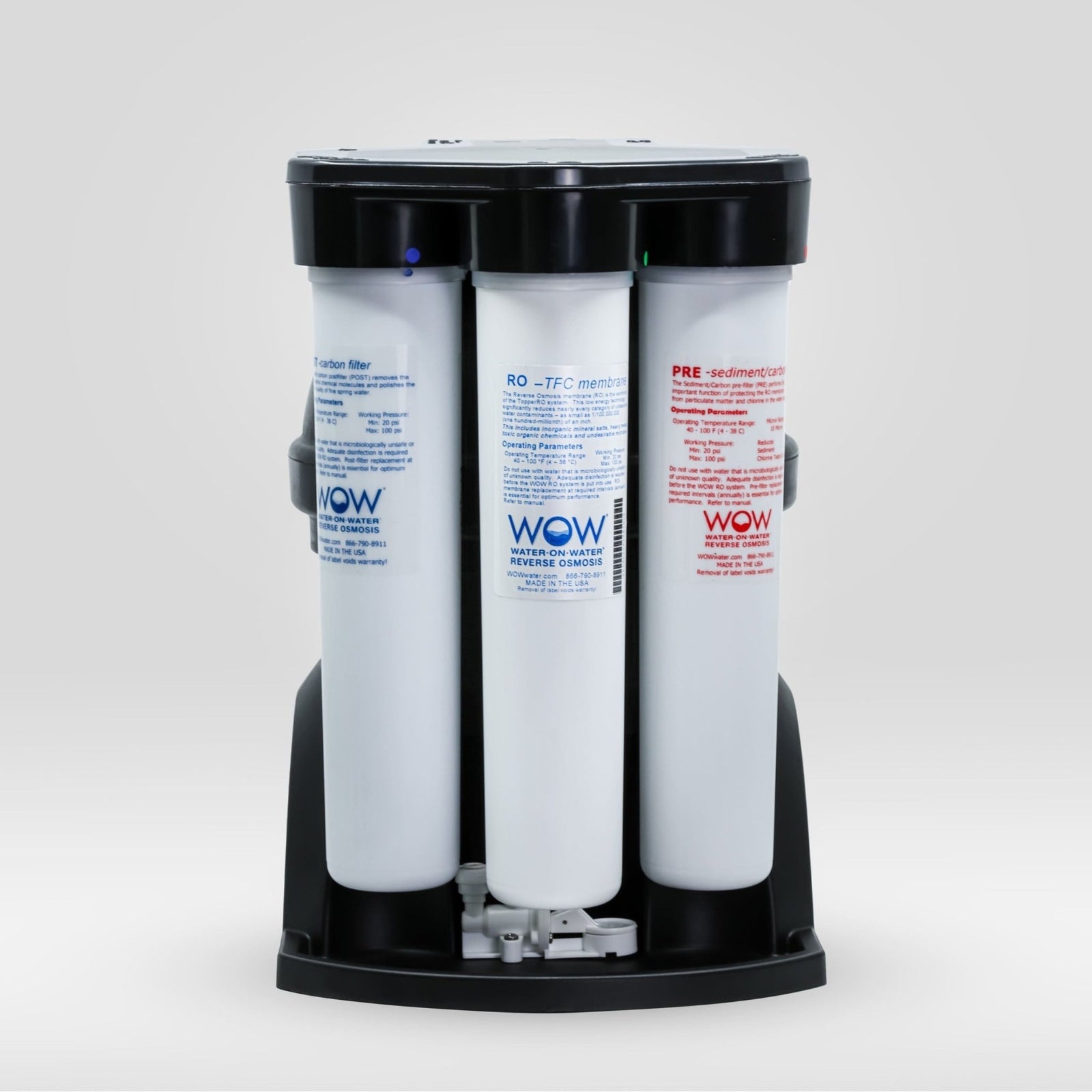Choosing the right water filter for your faucet is essential for providing clean, healthy drinking water. When selecting a suitable system, it's important to consider your specific water quality, the type of contaminants you want to remove, ease of installation, and your budget. A well-chosen water filter not only improves the taste of your water but can also contribute to your health by removing harmful substances.
How do I choose the right water filter for my tap?
Clean drinking water is essential for our health, but unfortunately, Dutch tap water increasingly contains undesirable substances. Market research shows that 62% of people recognize that keeping our tap water sufficiently clean is a growing challenge. Most of our drinking water is extracted from groundwater, which is becoming increasingly contaminated by pesticides and other toxins that seep into the soil.
When choosing a tap water filter, several factors are important:
- The quality of your tap water (measured with a TDS meter)
- The type of contaminants you want to remove
- The available space for installation
- Your budget (both purchase and maintenance)
- Desired filter capacity and lifespan
By carefully considering these factors, you can select a water filter that best suits your specific situation and needs.
What types of tap water filters are available?
There are several types of tap water filter systems available, each with its own advantages and disadvantages:
| Filter type | What does it remove? |
|---|---|
| Activated carbon filters | Chlorine, pesticides, organic substances |
| Ceramic filters | Bacteria, sediment, parasites |
| Reverse osmosis (RO) | Up to 99% of all contaminants |
| UV filters | Bacteria and viruses |
Activated carbon filters are popular because of their affordability and ease of installation. They improve the taste and odor of water by removing chlorine and organic compounds, but are less effective against minerals and dissolved metals.
Ceramic filters are excellent for removing bacteria and parasites, but less effective against chemical contaminants. They require regular cleaning but last a relatively long time.
Reverse osmosis systems like "The Source" from PureAqua offer the most thorough purification by removing up to 99% of all unwanted substances. These systems operate with a patented zero-back-pressure design that ensures constant water production, unlike traditional RO systems that operate at decreasing flow rates.
UV filters kill bacteria and viruses using ultraviolet light, but they do not remove chemicals or minerals. They are often used in combination with other filter types.
How do you install a water filter on your faucet?
Installing a water filter can range from simple to complex depending on the type of system:
- Simple faucet filters: These attach directly to the faucet and usually require no tools.
- Under-counter systems: These require more installation expertise and are connected to the water line beneath your countertop.
- Reverse osmosis systems: These are more complex and often require professional installation.
At PureAqua, professional installation costs €195, including VAT. Our certified installers will ensure a perfect installation and explain the use and maintenance of your system.
For maintenance, it's important to regularly check the water quality with a TDS meter. If the tap water has a TDS level above 300, the filter should be replaced more often. If the TDS level of the filtered water rises, it's time for a new filter.
How much does a good tap water filter cost?
The cost of water filter systems varies considerably depending on the type and quality:
- Simple faucet filters: €20 - €100
- Under-counter systems: €100 - €300
- Reverse osmosis systems: €300 - €1500
Besides the purchase price, it's important to consider maintenance costs , such as filter replacement. Cheaper systems often have higher maintenance costs due to more frequent filter replacements.
In the long run, however, a water filter system can yield significant savings compared to bottled water. An average household switching from bottled water to filtered tap water can save hundreds of euros per year.
Key insights when choosing a tap water filter
When selecting a water filter for your faucet, these are the most important considerations:
- Know your water quality: Test your tap water to determine which contaminants you need to address.
- Choose the right filter type: Select a system that is specifically designed for your water problem.
- Consider the total cost: Look beyond just the purchase price and include maintenance costs in your calculations.
- Please note warranty and service: At PureAqua, for example, we offer a full 2-year warranty without the need for a maintenance contract.
- Check regularly: Monitor water quality and replace filters regularly for optimal performance.
By carefully considering these factors, you can choose a water filter that not only purifies your drinking water but also suits your specific situation and budget. For personalized advice, you can always contact our water filter experts who can help you make the right choice for your situation.
